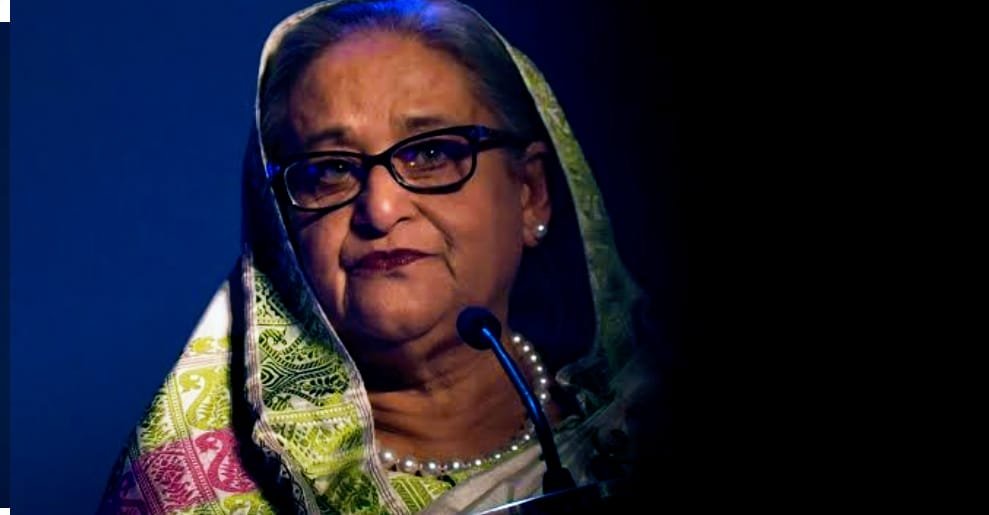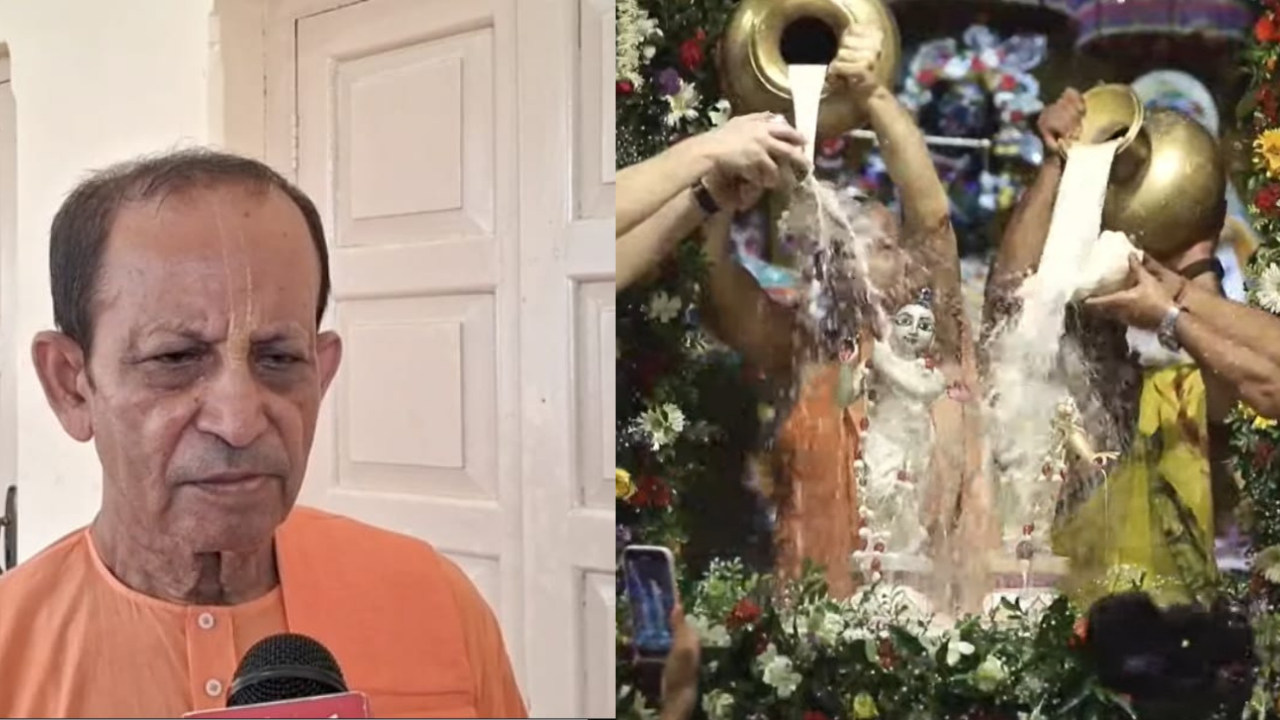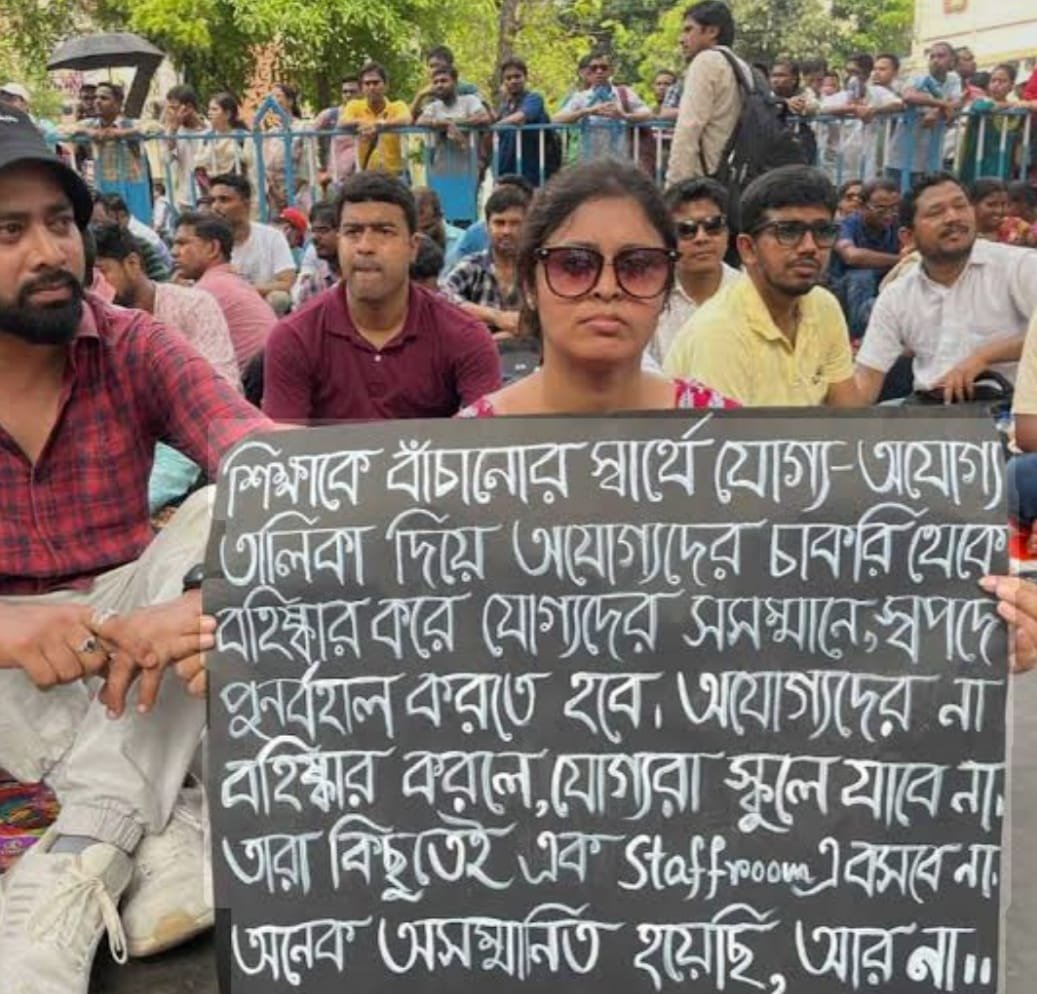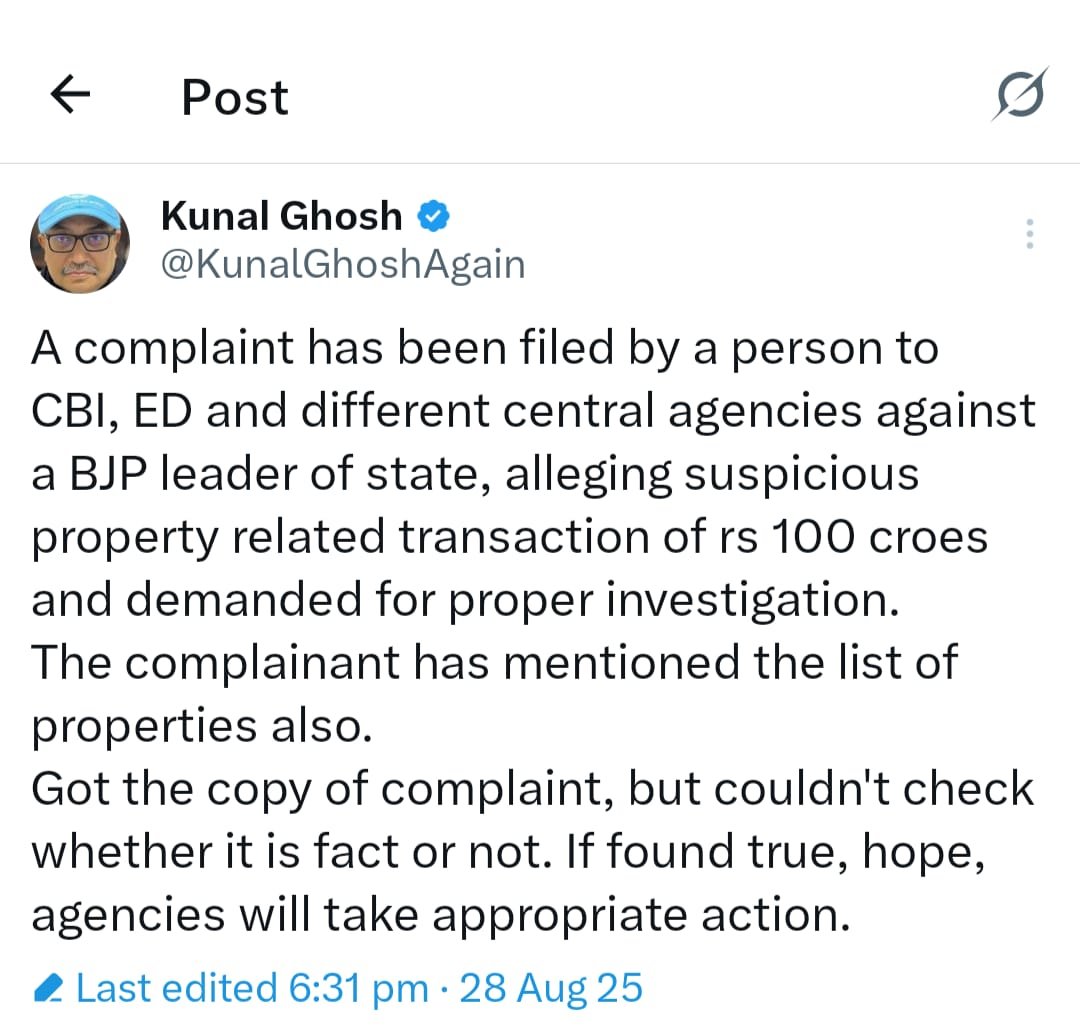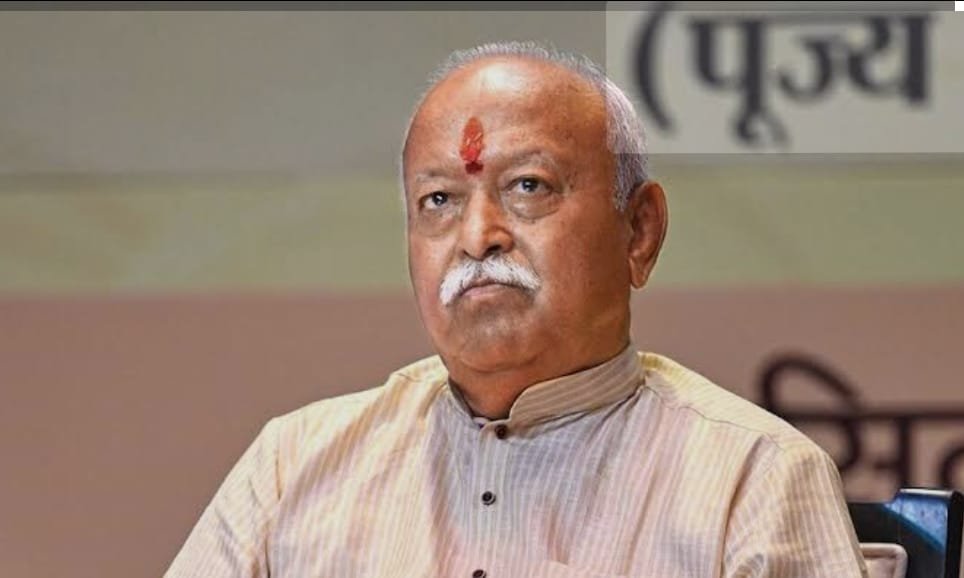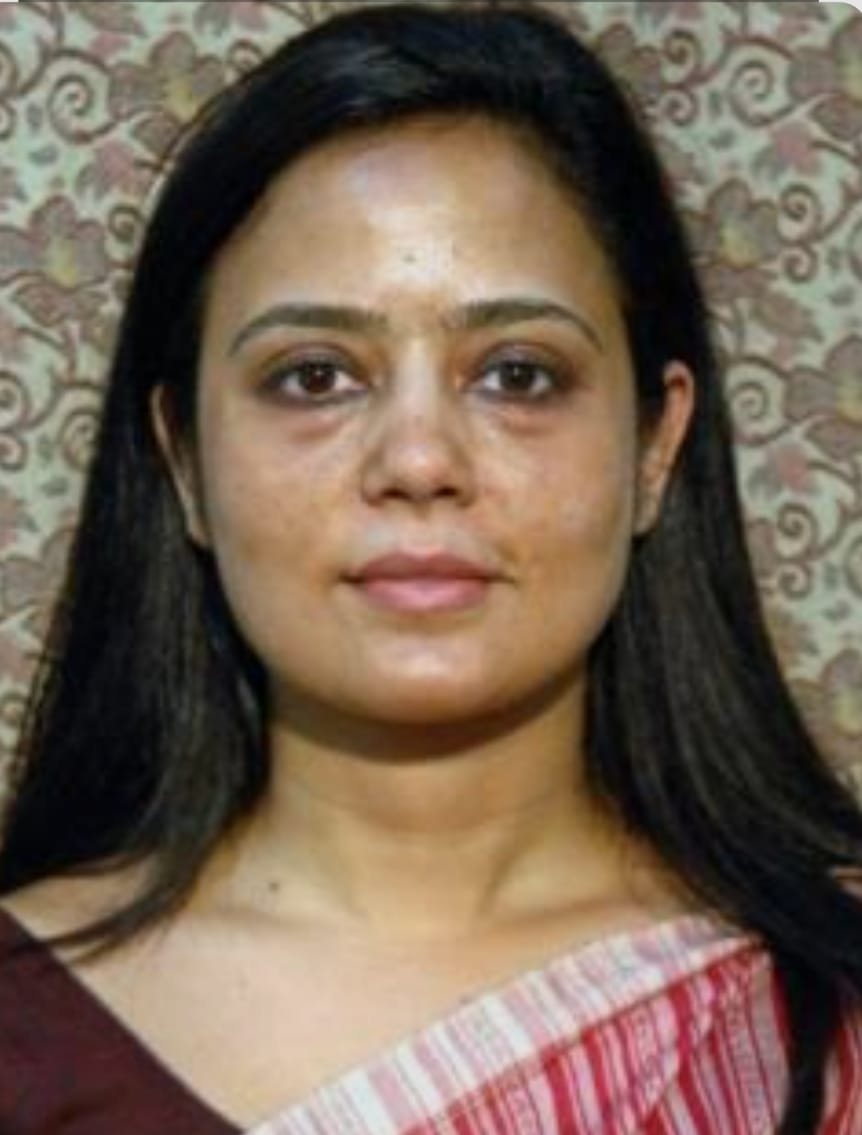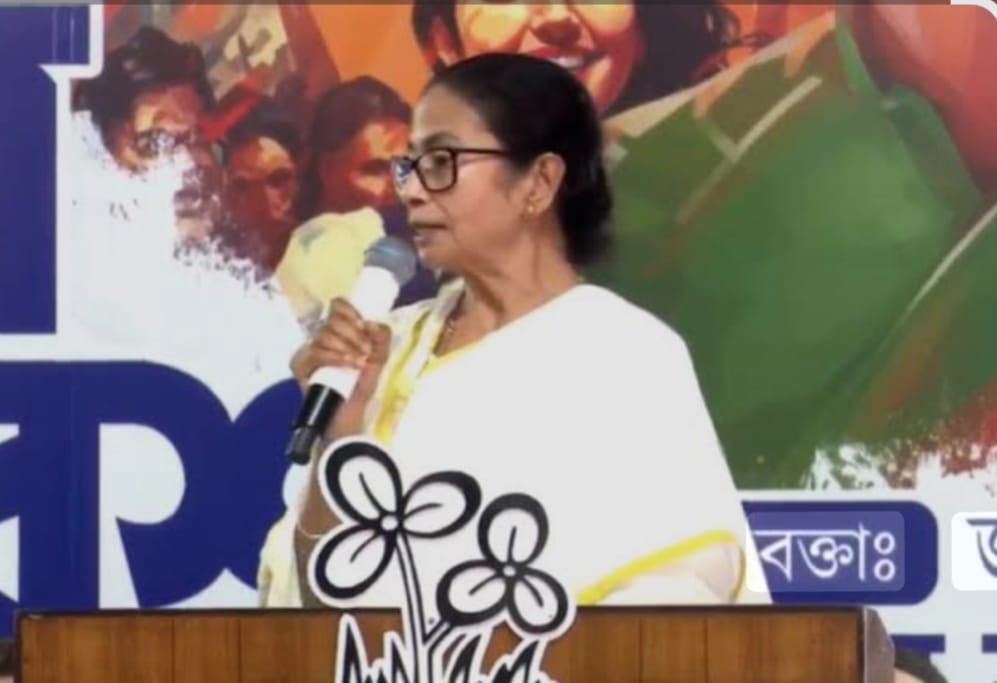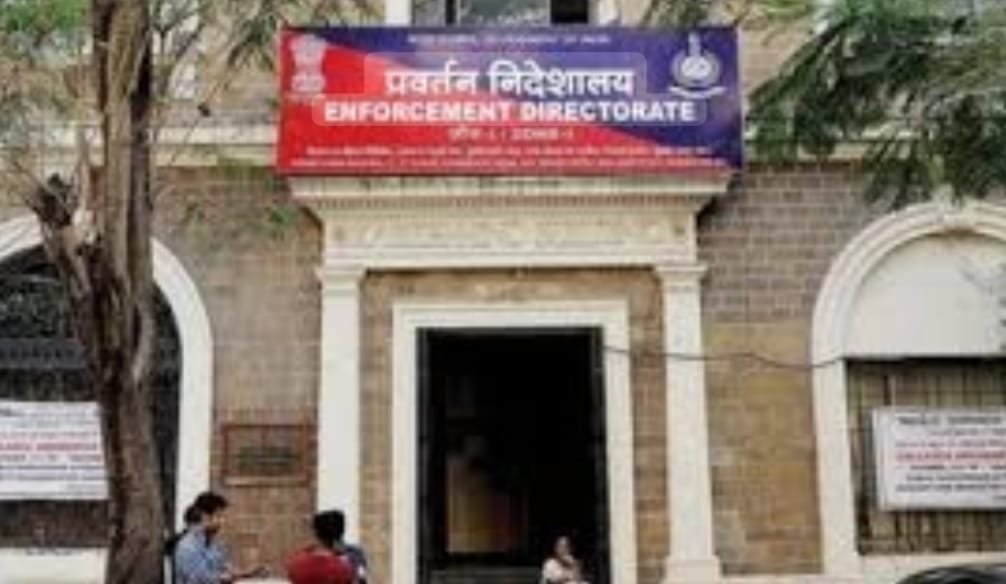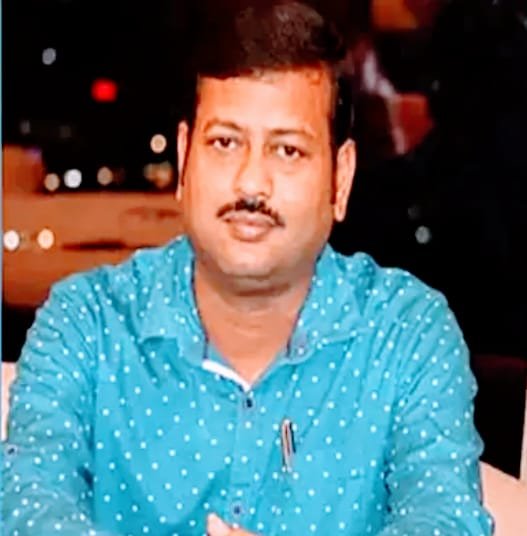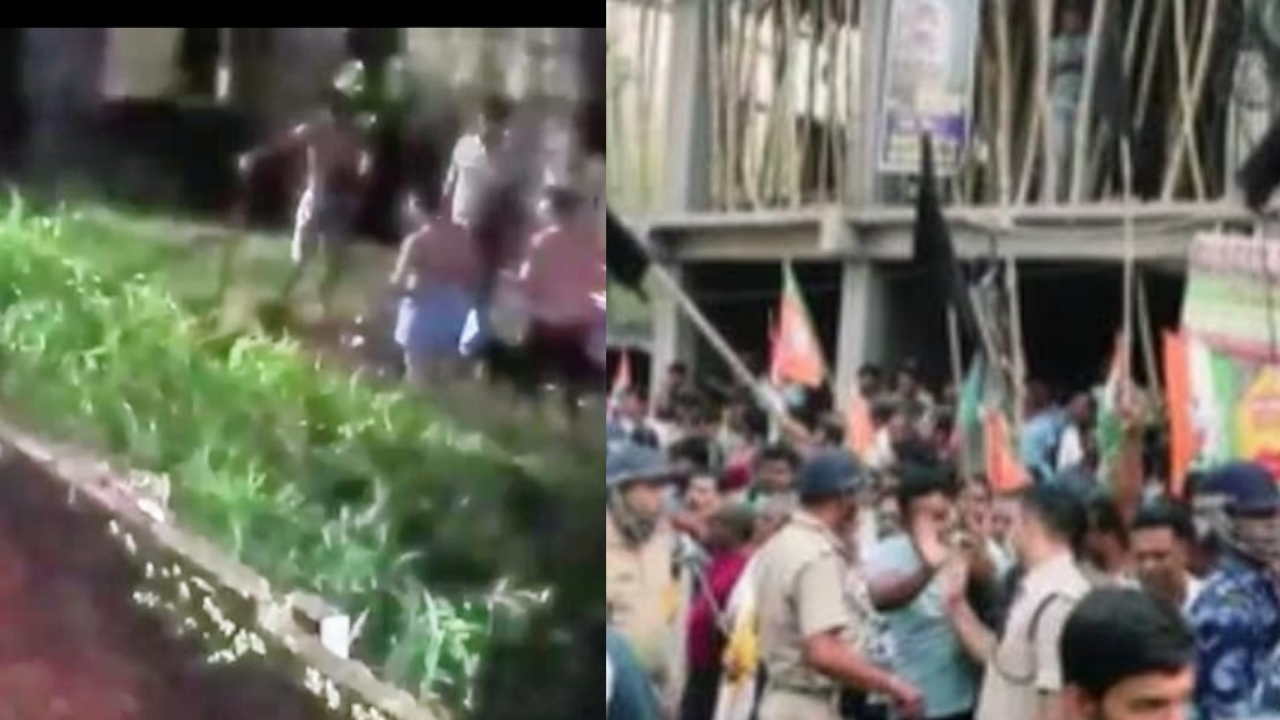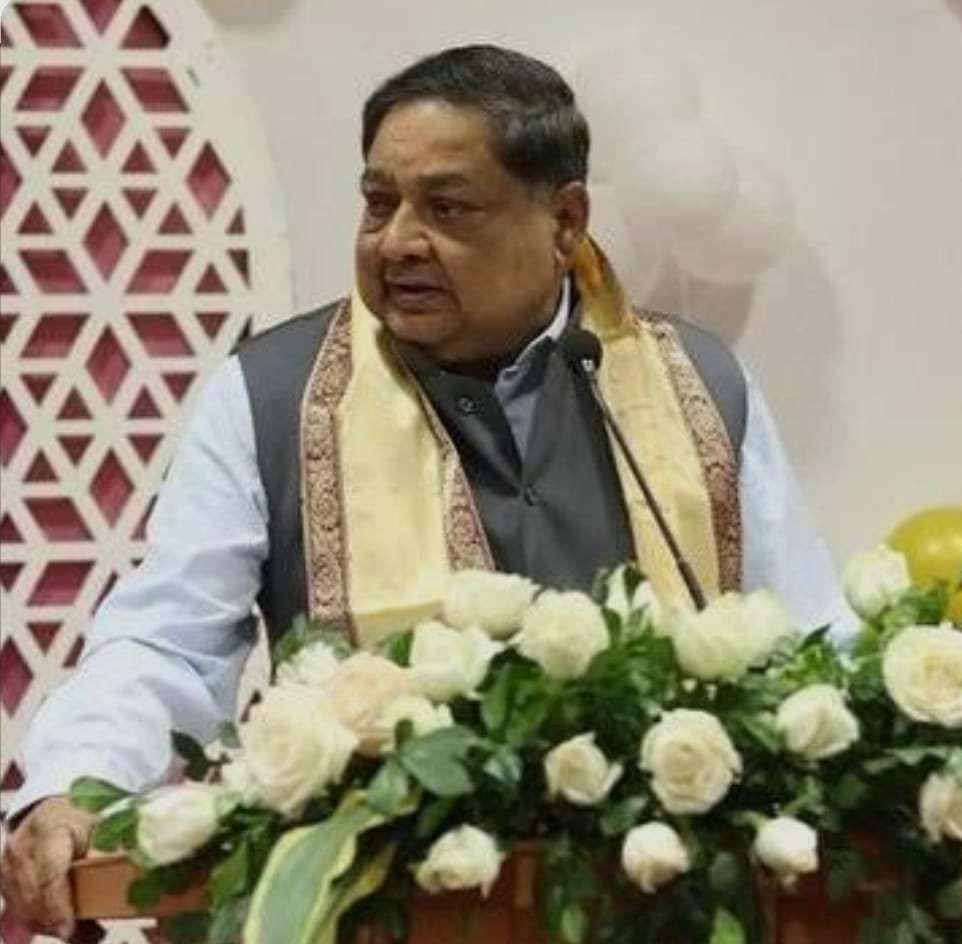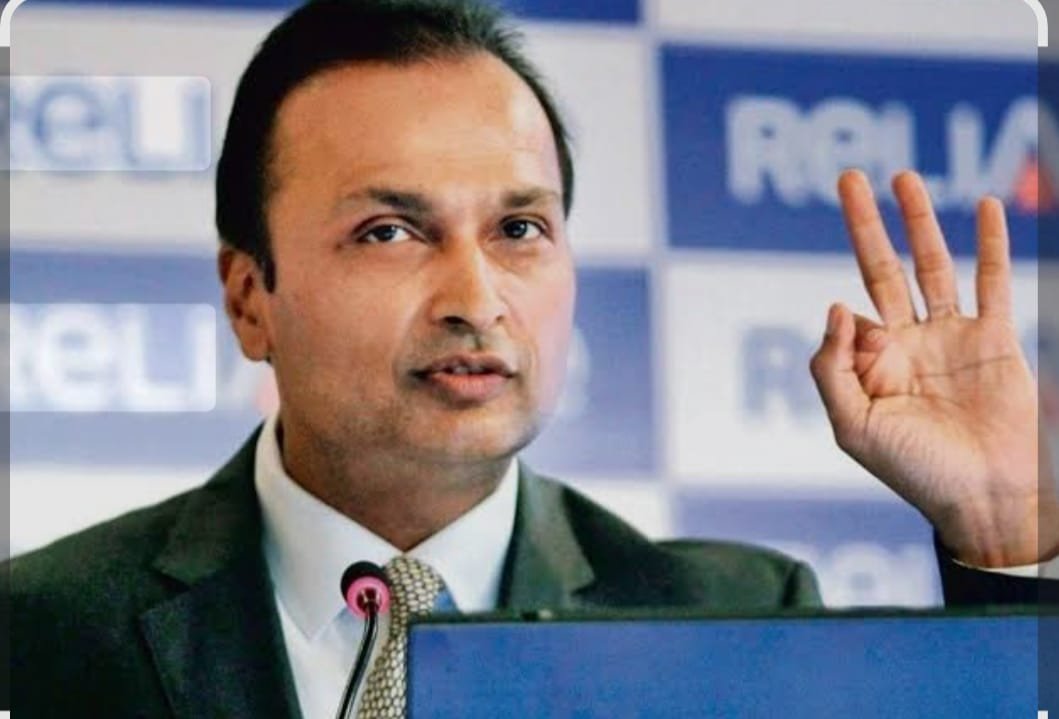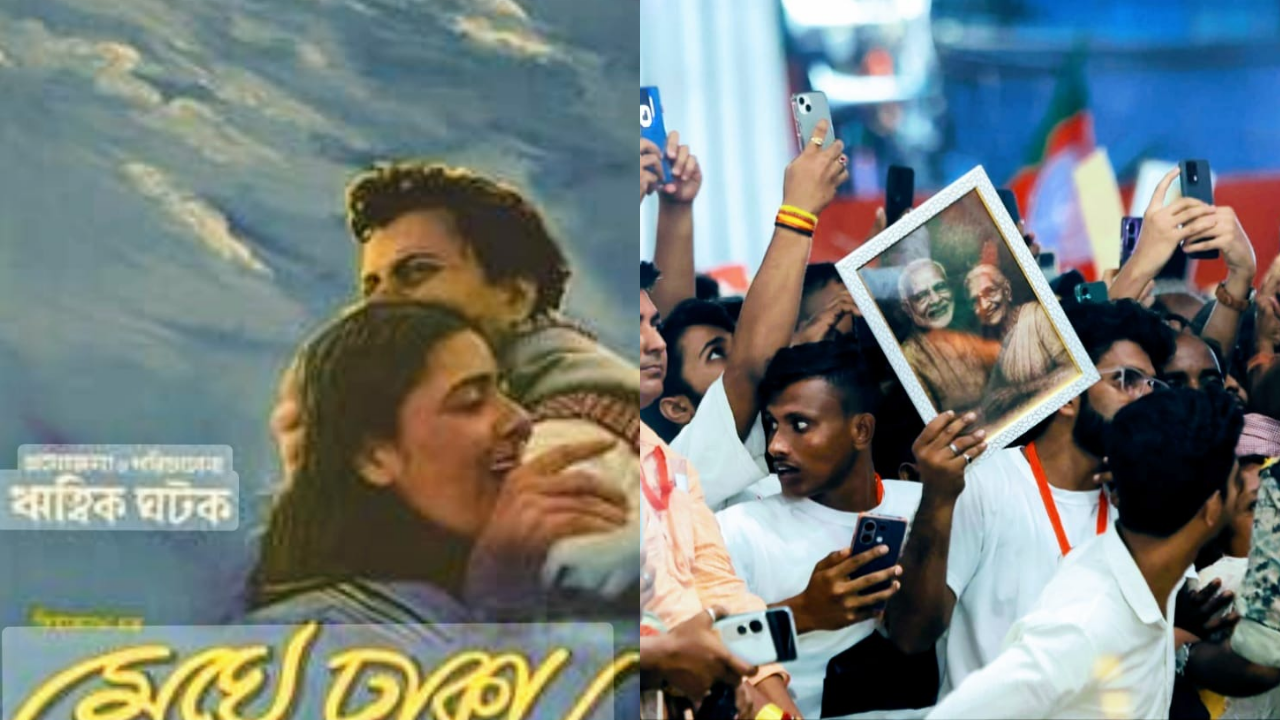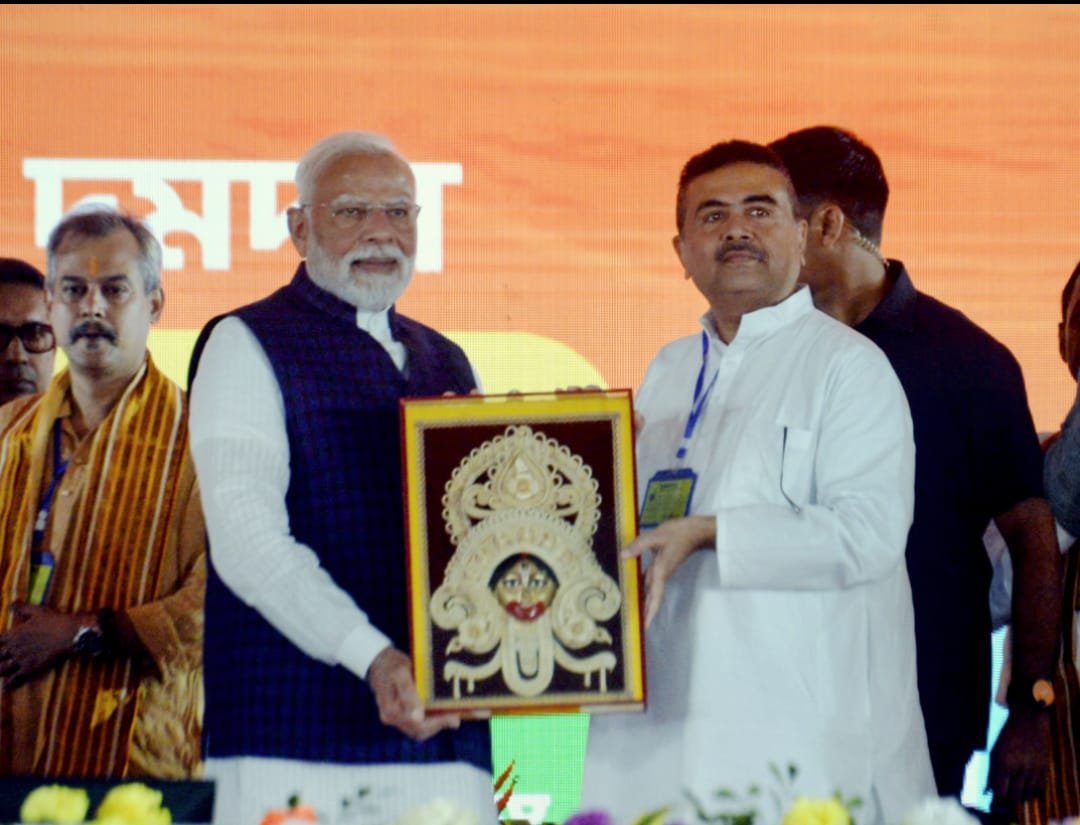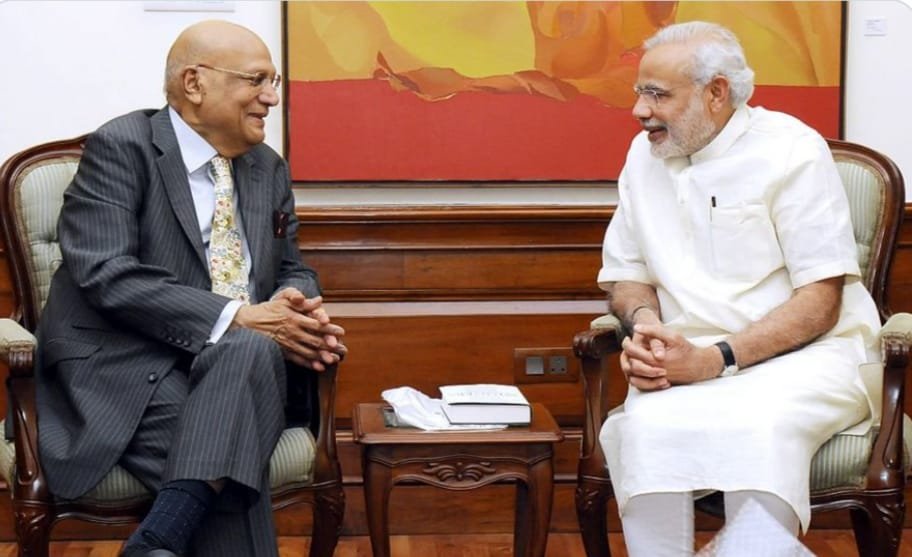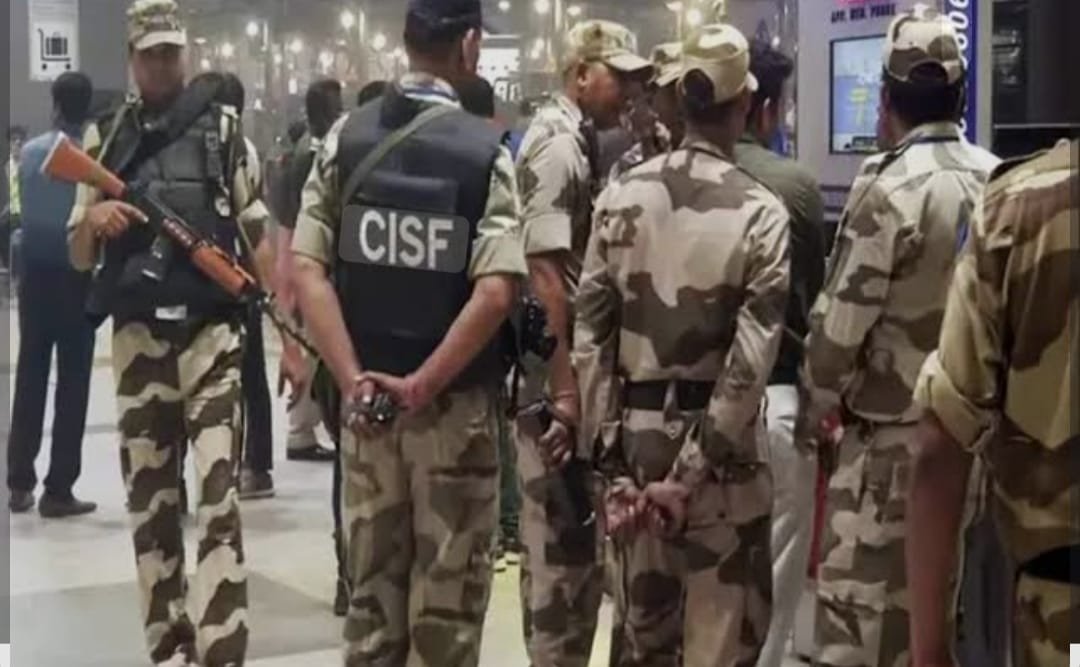Parallel News Digital Desk, 7th August:
One year after being ousted from power, Bangladesh’s Awami League is attempting to regroup by portraying its fall as the result of a domestic and international conspiracy, party leaders say.
The party, which ruled the country for over 15 years under Sheikh Hasina, claims her government was toppled through a coordinated effort involving foreign actors and political rivals. Awami League leaders are also highlighting what they describe as the interim government’s failures in governance and law enforcement as part of their political narrative to stage a comeback.
Despite its efforts, the party has not shown any sign of regret for the deadly crackdowns on student-led protests in July and August last year. The heavy-handed response, including reported killings, has drawn public criticism.
Political analysts argue that during its long rule, the Awami League became increasingly isolated due to its authoritarian tendencies and confrontational stance towards opposition parties and civil society. Widespread discontent culminated in mass uprisings that ultimately led to its ouster.
The interim government, headed by Nobel laureate Muhammad Yunus, has since begun preparations for national elections scheduled for February. However, it is not allowing the Awami League or its allies to participate, stating that the elections will be held without their involvement.
The party now faces its greatest crisis in decades. Many of its top leaders, including former ministers and MPs, have either been arrested or have fled to countries like India, the United States, and the United Kingdom. Several are facing trial on charges including crimes against humanity and political killings.
Sources within the party say that Sheikh Hasina continues to exert full control from abroad, with her son, Sajeeb Wazed Joy, playing an increasingly active role in shaping the party’s future plans. Although Awami League supporters remain vocal on social media, the party has little visibility on the ground. Most local leaders remain in hiding and have not re-emerged to reorganize politically. Analysts question whether the party can revive itself without acknowledging its past mistakes or without a leadership reset.
Party insiders suggest the Awami League will focus on mobilizing international opinion and domestic support by arguing that excluding it from the upcoming elections undermines democratic representation, as the party still commands a significant voter base. However, with many leaders in exile and no active presence on the streets, doubts remain over whether the party can meaningfully re-enter the political arena before the 2025 elections.

